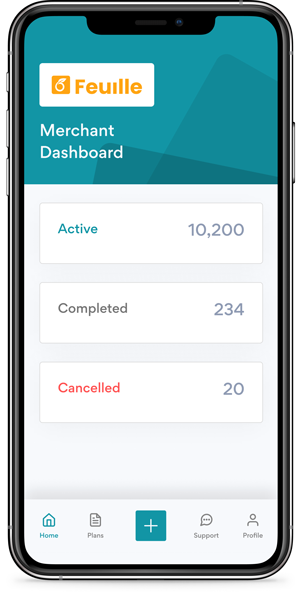Just as a house requires a strong base, a healthy financial life demands a sturdy groundwork to weather the ups and downs of the fluctuating economic landscape. Whether starting from scratch or reinforcing your existing monetary situation, establishing a robust foundation is key to achieving long-term financial well-being.
Building this foundation entails more than prudent money management—it calls for meticulous planning, discipline, and a comprehensive strategy spanning diverse personal finance aspects. From budgeting and saving to investing and retirement planning, each element contributes to a resilient financial framework capable of realising your aspirations. In this guide, we’ll explore practical tips and strategies to help you take control of your finances, establish healthy money habits, and work towards your long-term financial goals.
1. Set Financial Goals
It’s common knowledge: goals offer clear direction and motivation, both in finances and life overall. Establishing financial objectives for the year and plotting the path forward forms the initial groundwork of your financial foundation, facilitating subsequent steps.
Setting, strategising, and attaining these goals are crucial in crafting your financial plan.
2. Create a Budget
The second step towards effective money management is creating a budget. Take the time to track your income and expenses, including fixed costs like rent or mortgage payments, utilities, and groceries, as well as discretionary spending on entertainment and dining out. Allocate a portion of your income towards savings and debt repayment, and strive to live within your means.
3. Save Consistently
Building a savings habit is crucial for financial security. Aim to save a portion of your monthly income, whether for emergencies, short-term goals like holidays or significant purchases, or long-term goals like retirement. Consider automating your savings by setting up automatic transfers from your checking account to your savings account.
ALSO READ: 5 Tips for Managing Your Money in the Digital Age
4. Pay Off Debt
High-interest debt can be a significant obstacle to financial freedom. Make a plan to pay off your debt systematically, starting with high-interest debt like loans and credit cards. Consider strategies like the debt snowball or debt avalanche method to prioritise and pay off your debts efficiently. It’s equally important to avoid accumulating new debt whenever possible and focus on living below your means to accelerate debt repayment.
5. Build an Emergency Fund
An emergency fund provides a financial safety net in case of unexpected expenses or emergencies like medical bills or car repairs. Aim to save at least three to six months’ living expenses in your emergency fund to cover unforeseen financial setbacks without resorting to debt.
6. Invest for the Future
Investing is essential for building wealth and achieving long-term financial goals like retirement. Educate yourself about different investment options, such as stocks, bonds, mutual funds, and retirement accounts like IRAs. Consider consulting with a financial advisor to develop a personalised investment strategy based on your risk tolerance, time plan, and financial goals.
7. Educate Yourself
Your financial journey extends beyond mere investment or planning. Continuous self-education across all financial facets is essential for staying abreast of trends and honing existing practices and habits.
This education may involve consuming YouTube videos, perusing finance blogs, participating in webinars, workshops, or seminars, or even tuning in to podcasts. Enhanced knowledge empowers better financial decision-making.
ALSO READ: The Role of Technology in Improving Financial Literacy
8. Review and Adjust Regularly
Financial management is an ongoing process that requires regular review and adjustment. Periodically review your budget, savings, debt repayment, and investment strategies to ensure they align with your current financial situation and goals. Be flexible and willing to make changes to stay on track towards financial success.
Establishing a robust financial base isn’t a complex process. It primarily entails being deliberate and proactive in your financial approach—consistently saving, budgeting, and implementing solid plans. It requires discipline, diligence, and a commitment to lifelong learning. By implementing these practical money management tips, you can take control of your finances, reduce financial stress, and work towards achieving your goals. Remember, financial success is within reach for anyone willing to prioritise financial literacy and adopt healthy money habits.

